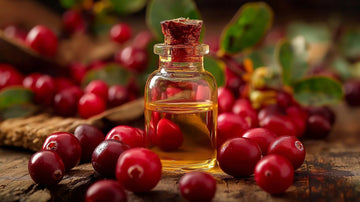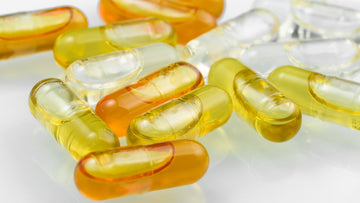1. Introduction and Benefits of Milk Thistle
Milk thistle, also known as Silybum marianum, is a plant rich in biologically active compounds — the most important being a group of flavonolignans collectively known as silymarin. This group includes four main isomers: silybin, isosilybin, silychristin, and silydianin — with silybin being the most abundant and biologically active.
Silymarin is widely recognized for its liver-protective properties. It:
-
Supports the regeneration of damaged liver cells
-
Enhances detoxification capabilities
-
Improves overall liver function
Its pharmacological effects include hepatoprotection, anti-inflammation, immune regulation, lipid-lowering, and antioxidant activities.
Clinical Studies Supporting Milk Thistle’s Benefits
① Alcoholic Liver Disease
Five clinical studies involving over 600 patients with alcoholic cirrhosis found that after approximately 41 months of treatment, those receiving silymarin had significantly higher 4-year survival rates compared to the placebo group. This suggests that silymarin may help prolong life in alcoholic liver disease patients.
② Non-Alcoholic Fatty Liver Disease (NAFLD)
A randomized controlled trial with 64 NASH patients showed that 210 mg of silymarin daily for 8 weeks significantly improved liver enzyme levels compared to placebo. Combined therapies also enhanced liver function and clinical symptoms.
③ Drug-Induced Liver Injury
A retrospective study of 2,000 patients with liver damage from Amanita phalloides (death cap mushroom) showed significantly lower mortality rates in the silymarin-treated group. In addition, a meta-analysis showed that silymarin reduced the incidence of liver injury caused by anti-tuberculosis drugs.
④ Chronic Viral Hepatitis
In cases of chronic viral hepatitis, combining silymarin with antiviral drugs helps maintain efficacy while improving liver function and reducing fibrosis in hepatitis B patients — thus slowing disease progression.
2. Who Should Consider Taking Milk Thistle Supplements?
① Frequent Alcohol Consumers
The liver metabolizes alcohol, and excessive drinking — whether social or work-related — can damage liver cells. Milk thistle may help protect and support liver function in these cases.
② Overweight Individuals
Obesity stresses the liver via fat metabolism. Excess fat may lead to fatty liver disease. Silymarin has shown benefits in reducing liver and blood lipids, improving fatty degeneration, and protecting hepatocytes from toxins.
③ People with Irregular Sleep or Long Working Hours
The liver performs repair and regeneration at night. Chronic sleep loss and late-night eating can disrupt these functions. Milk thistle may help strengthen the liver under these conditions.
④ Those Seeking General Liver Support
Social eating and alcohol are common, yet liver damage often shows no symptoms until it’s advanced. As a natural botanical, milk thistle is valued for its role in protecting the liver and supporting hepatocyte regeneration.
Safety Profile
Milk thistle extract is generally well-tolerated, with adverse effects in less than 2.4% of cases — similar to placebo. The most common issue is mild diarrhea. Other possible side effects: nausea, upper abdominal discomfort, joint pain, itching, and hives.
However, excessive intake could potentially burden the liver. It’s best to use under professional guidance.

🌿 Ready to Support Your Liver Health Naturally?
Try our Organic Milk Thistle Capsules — formulated with USDA Organic Certified Milk Thistle Extract in innovative liquid-filled capsules for faster absorption and better bioavailability.







